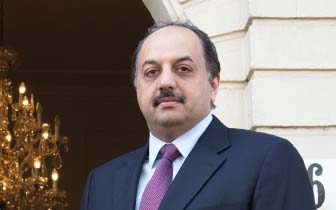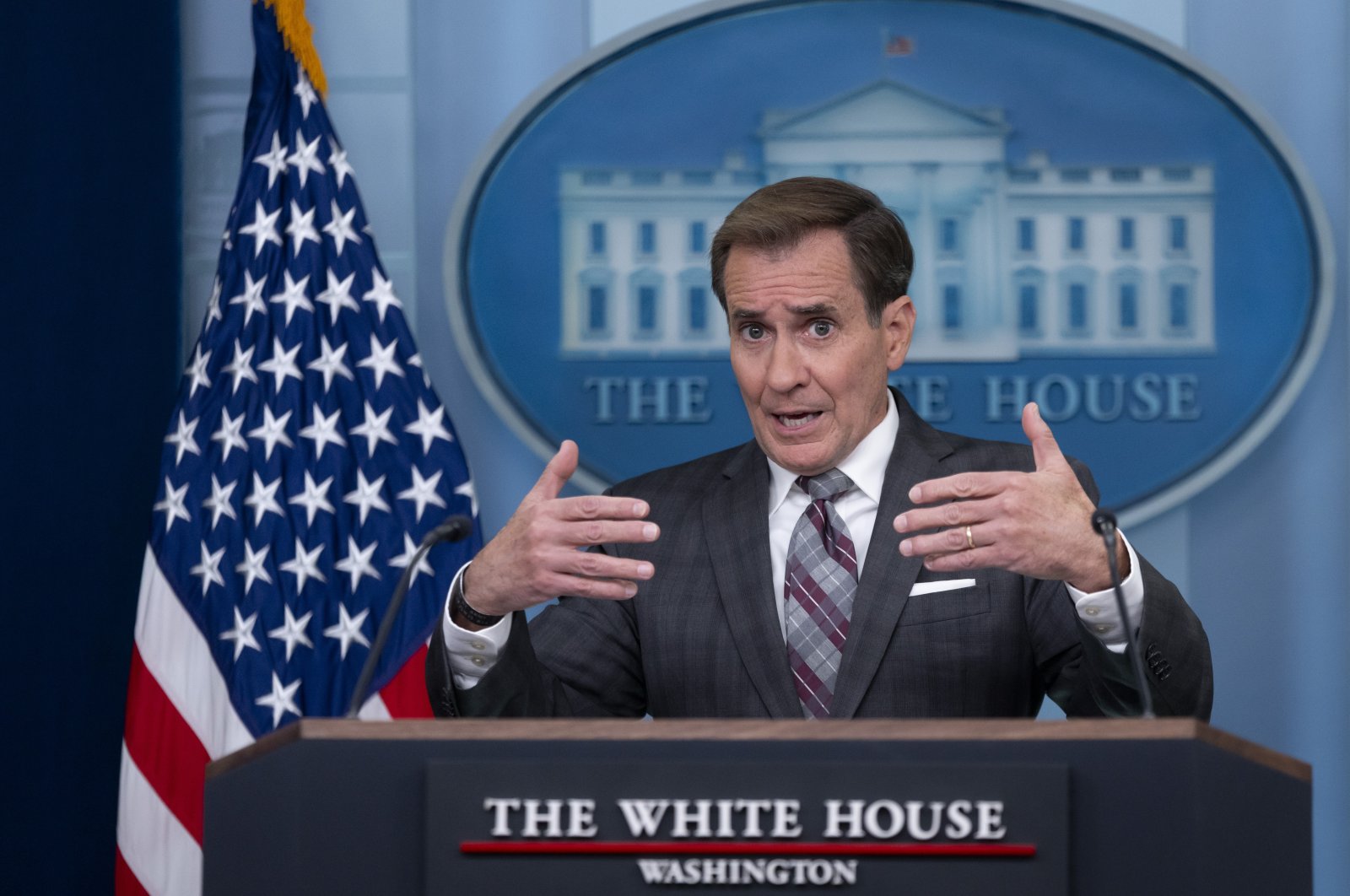
The Gulf Cooperation Council has said it still expects a new long-distance rail line connecting member states to start service within four years, despite lingering questions about the 2018 deadline.
The transportation project was one of several topics covered in a wide-ranging statement released last night following the conclusion of the GCC summit in Doha, which also covered security, diplomatic and economic issues.
“The GCC railway project (is) of great importance in facilitating trade and movement of people between member states, and (the GCC Supreme Council) stressed the importance of completing this vital project by 2018,” the statement said.
The rail route is slated to run some 2,117km and link Kuwait with Muscat through Saudi Arabia, Bahrain, Qatar and the UAE at a cost of US$15.4 billion.
As part of the project, Qatar will initially construct 148km of freight and passenger lines running up from the Saudi Arabian border.
Passenger service will extend to Education City, where travelers would be able to transfer to the Doha Metro – which isn’t scheduled to start operating until 2019 – while a freight line extends to the new port and industrial area in Mesaieed.
A later phase would connect Qatar with Bahrain over a long-delayed causeway between the two countries.
When completed, the GCC rail network is expected to take some of the pressure off this country’s existing international transportation network, which has already grown to some 90 daily flights between Qatar and the UAE and dozens more to other Gulf countries.
Timelines
Earlier this year, Bahrain’s transport minister was quoted as saying that “all the GCC countries are behind schedule” on the project and that the 2018 completion target would be “very challenging” to meet.

At the same time, officials in Kuwait spoke about moving the deadline to 2019.
While procurement progress is being made in Qatar, there are signs that the project is slipping behind schedule.
International engineering firm Parsons said in February that it had been hired to design Qatar’s long-distance rail line in a joint venture with Systra.
That was followed by a “slight delay” this spring in pre-qualifying construction companies, according to business website Zawya. Companies were pre-qualified in mid-2014, but Qatar Rail had yet to tender the project as of early November, MEED reported at the time.
The rail company said it expected to tender the project in the third quarter of this year and award a contract by March 2015, according to an industry briefing presentation dated March 2014 that includes several previously unreported details about the project.
Long-distance rail plans
According to the presentation, the first phase of the long-distance rail line is to be completed by 2018 and will handle a mix of passenger and freight traffic powered by diesel locomotives.

Passenger trains will reach 200 km/h, while freight traffic will travel at speeds up to 120 km/h.
The line would run some 71 kilometers northeast from the Saudi border before splitting. Passenger trains will travel a further 23km to the Education City station, while freight service will head towards Mesaieed.

Future phases call for faster speeds and electrification of the line.
By 2021, passengers lines are to extend to Bahrain and Hamad International Airport, reaching speeds of 350 km/h.
The third phase includes links to Al Khor and Ras Laffan, as well as adding a second line to Bahrain, by 2027.
The fourth phase, eyed for completion by 2030, includes additional freight lines as well as electrifying and adding a second line to the original rail link between Qatar and Saudi Arabia.
Foreign policy
Transportation was one of many topics covered at this week’s GCC summit, where officials projected an image of unity between member states following a diplomatically turbulent year.
There was also talk of advancing on a vision of a GCC common market, as well as establishing a unified police agency and naval force, as discussed among Gulf ministers in recent weeks.

The Gulf states also announced joint positions on several foreign policy issues. While some, such as denouncing Israel and the Syrian government, came as no surprise, a statement of support for Egyptian President Abdel Fattah al-Sisi raised some eyebrows.
Relations between Doha and Cairo have been poor in recent years following the ouster of Egypt’s Muslim Brotherhood-backed government, which had strong support from Qatar.
Despite ongoing tensions, Qatar’s foreign minister, Dr. Khalid Al Attiyah struck a conciliatory tone yesterday.
“We believe that a strong Egypt is in the interest of all Arabs and especially for GCC states,” he told a press conference at the end of the summit, according to media reports.
Thoughts?







